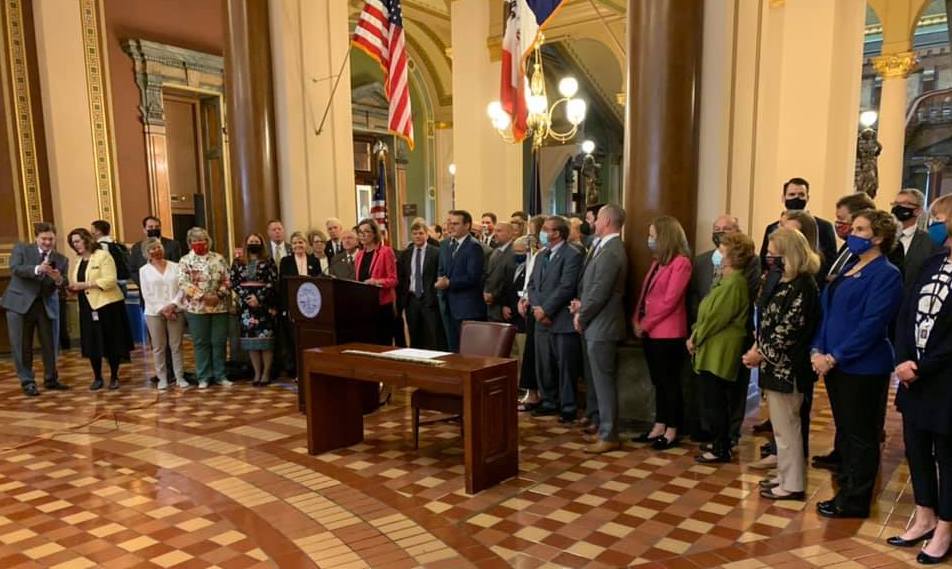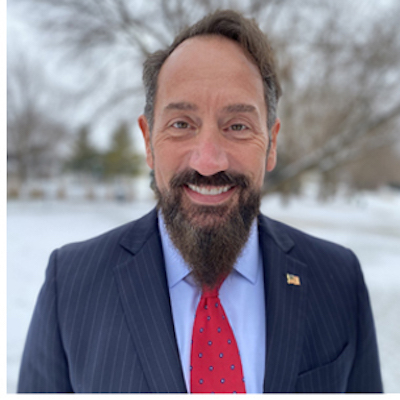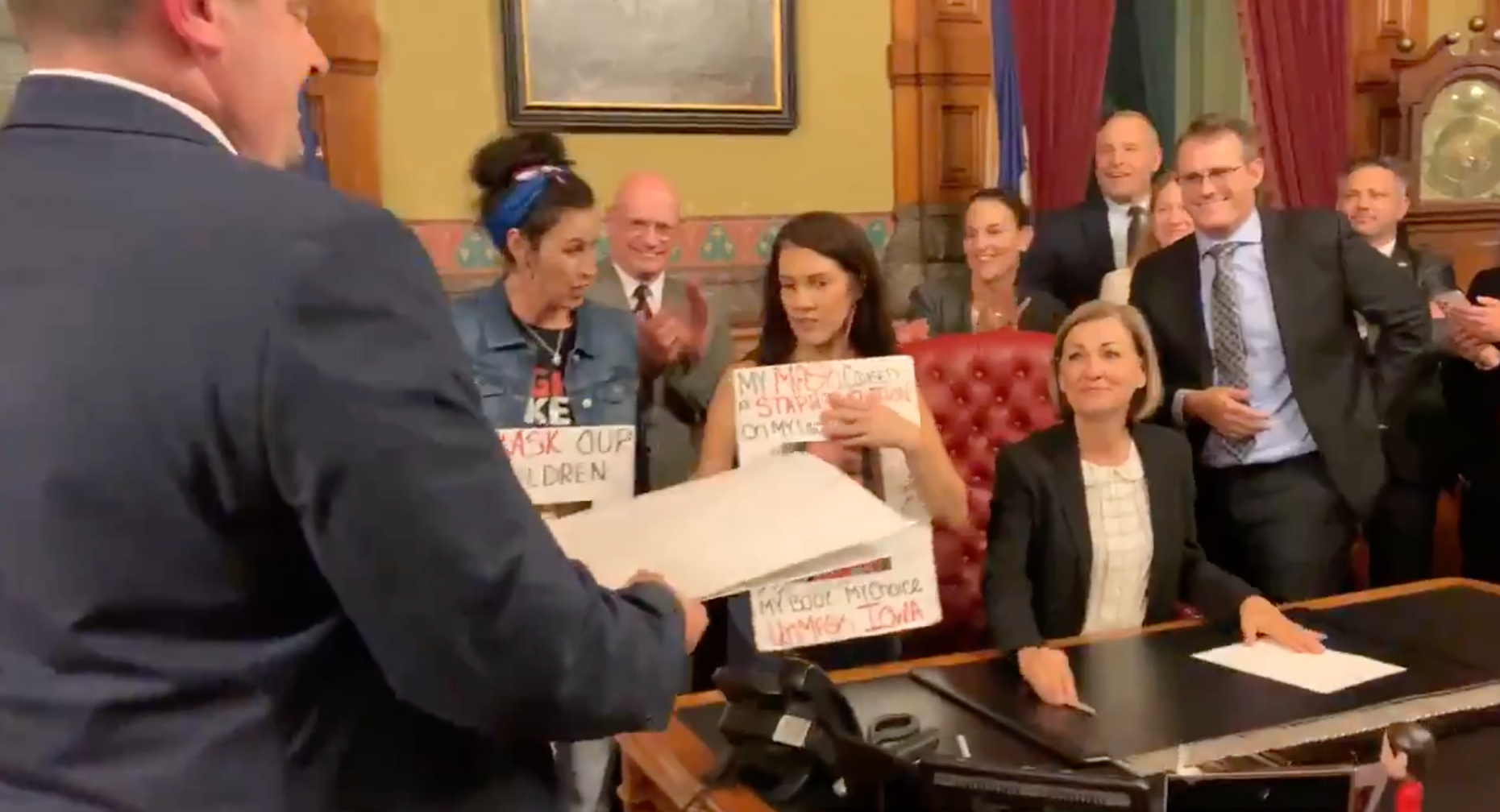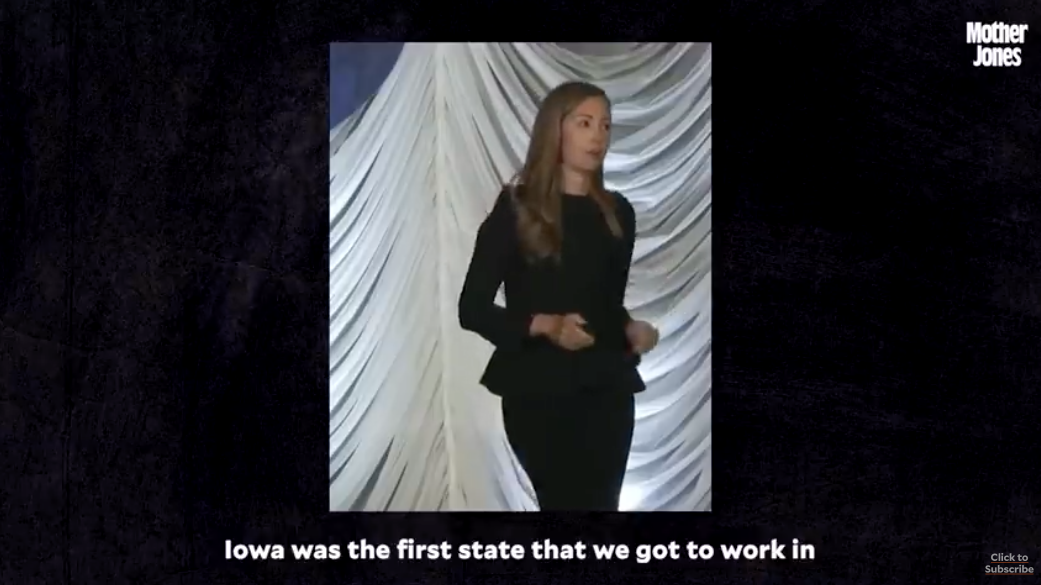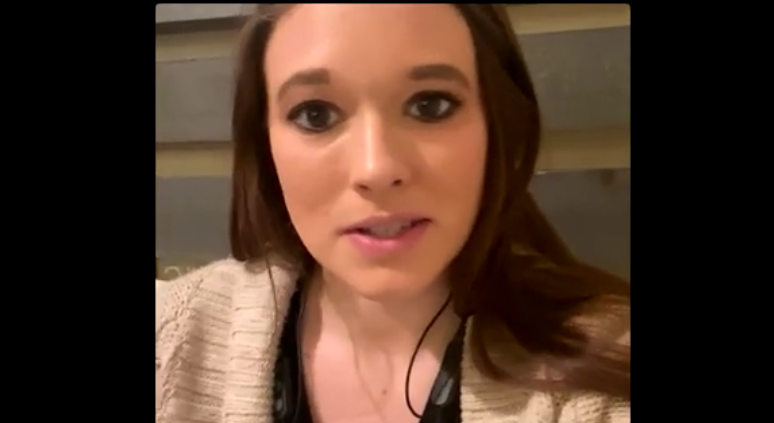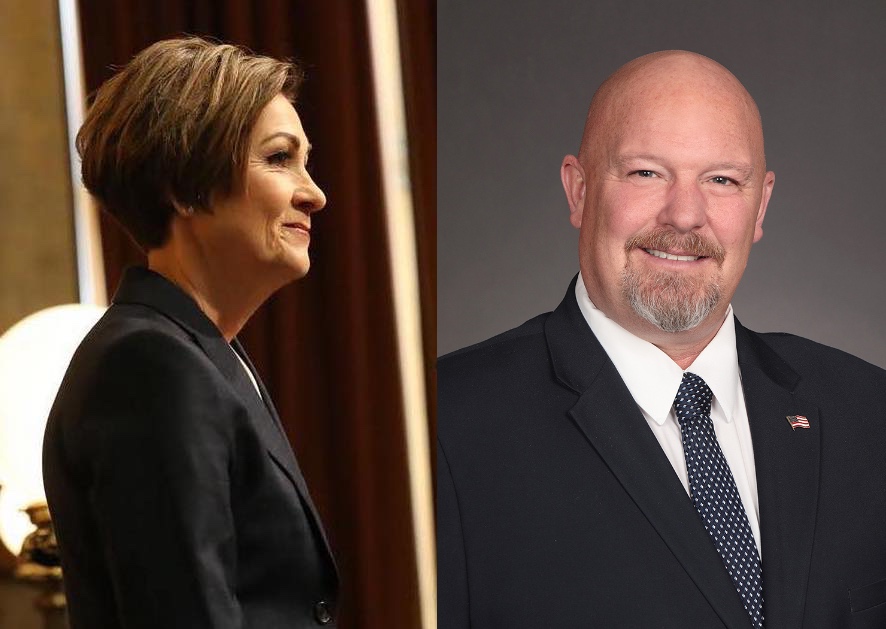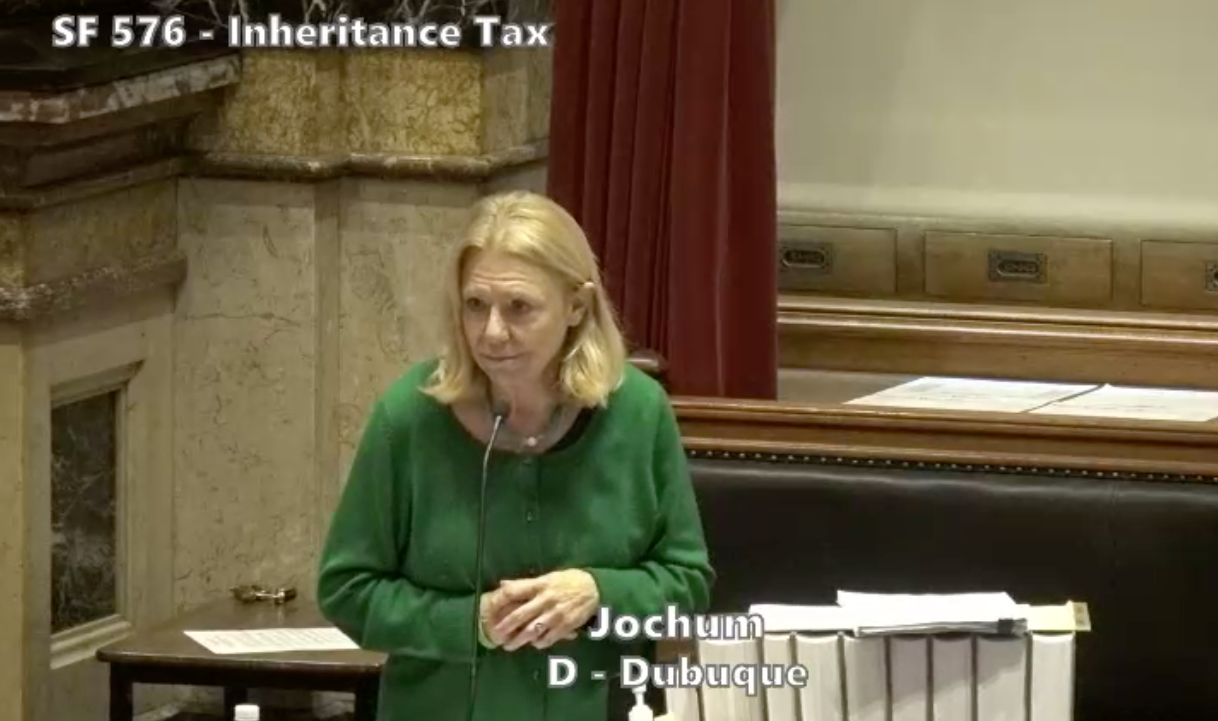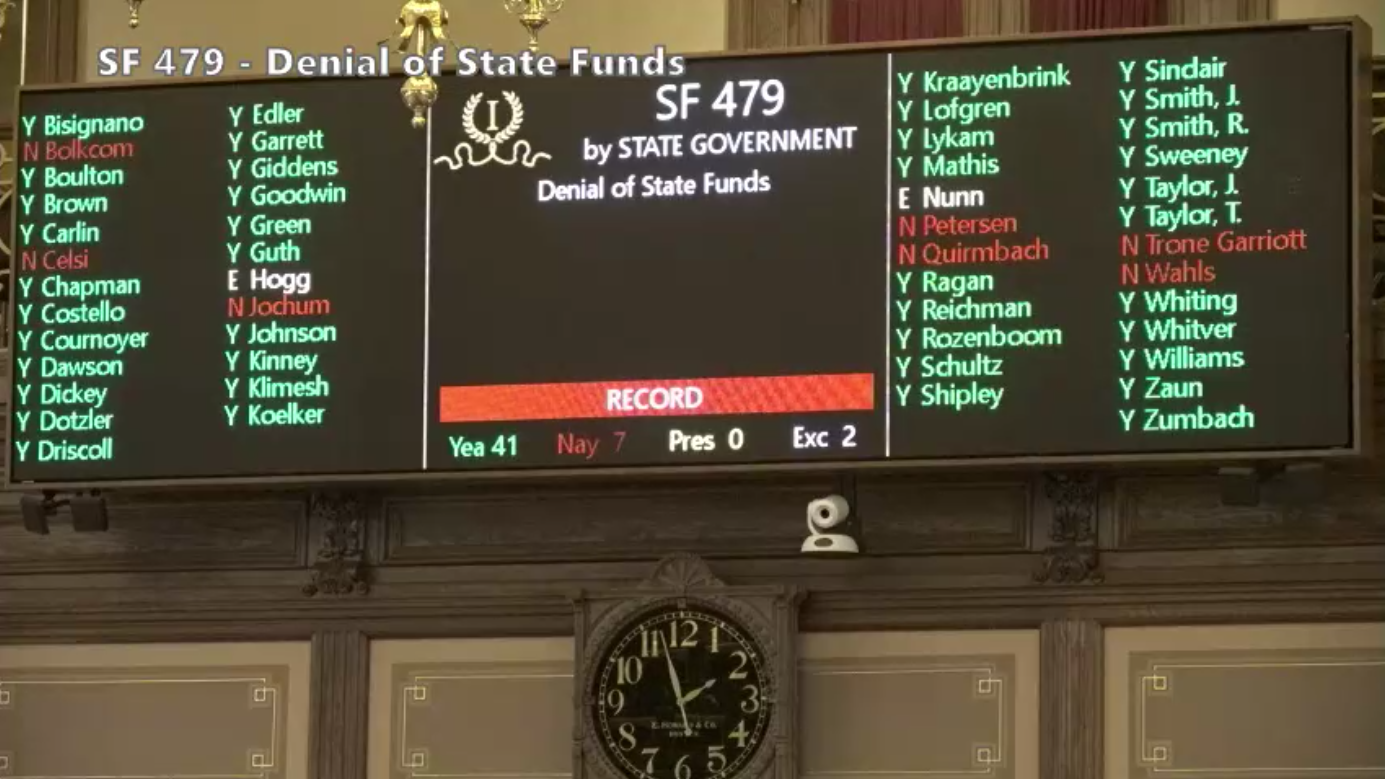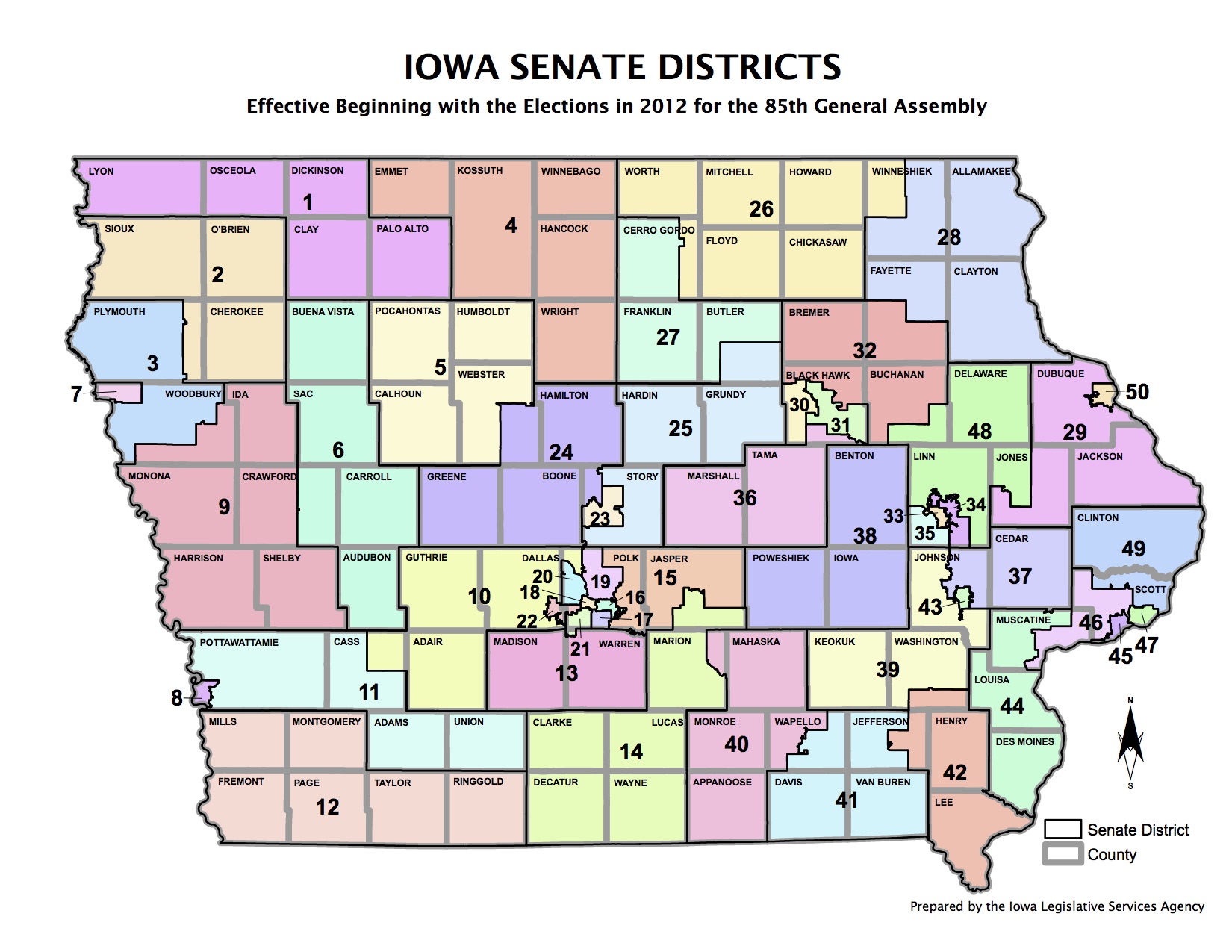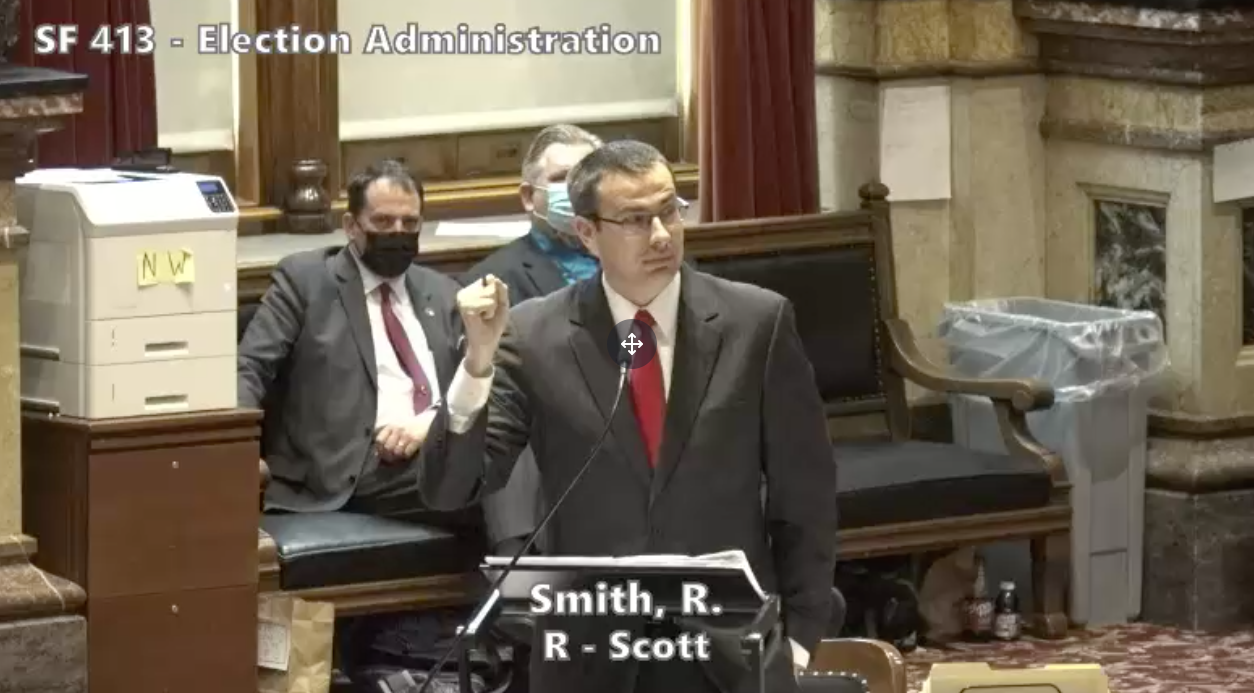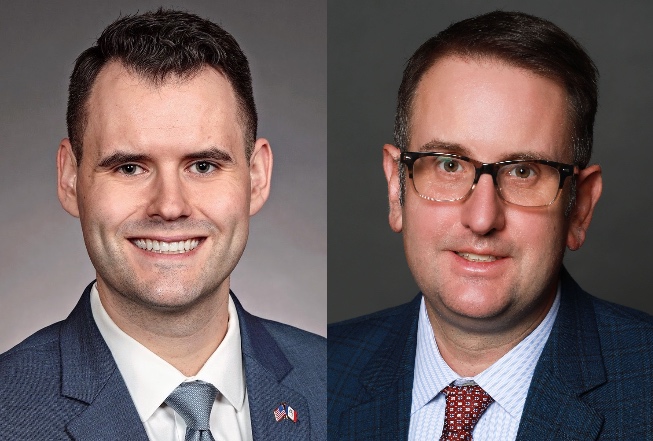Catching up on some news from before the holiday weekend: a competitive Democratic primary is shaping up for an open Iowa Senate seat covering part of Cedar Rapids. Four-term State Representative Liz Bennett confirmed on June 30 that she will run for the district that State Senator Rob Hogg has represented since 2007. Hogg won’t seek re-election in 2022, he announced last month. Iowa has yet to adopt a new political map, but this district will cover some part of the city of Cedar Rapids.
Bennett is the ranking Democrat on the Iowa House Economic Growth Committee and a member of the Human Resources, Natural Resources, and Information Technology committees, as well as the Transportation, Infrastructure and Capitals Appropriations subcommittee. Having won four previous state legislative races, she will be the early favorite in the Iowa Senate primary.
Bennett is also the first out LGBTQ woman elected to the Iowa legislature and the only out LGBTQ person now serving at the statehouse. Only one out LGBTQ person has ever served in the Iowa Senate: Matt McCoy, who did not seek re-election in 2018.
Breanna Oxley, a public school teacher and education activist, was first to declare her candidacy for the Cedar Rapids Senate district on June 15. She told Bleeding Heartland last week she is staying in that race. Her endorsers include former U.S. Representative Dave Loebsack, former State Senator Swati Dandekar, and former Linn County Supervisor Linda Langston.
Continue Reading...





